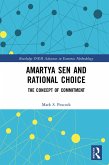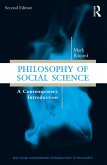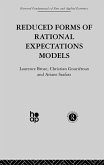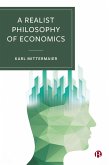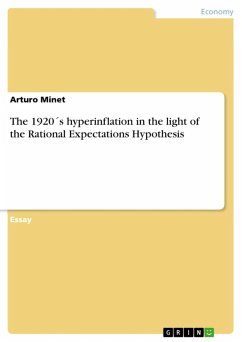This book offers a rigorous, concise, and nontechnical introduction to some of the fundamental insights of rational choice theory. It draws on formal theories of microeconomics, decision making, games, and social choice, and on ideas developed in philosophy, psychology, and sociology. Itzhak Gilboa argues that economic theory has provided a set of powerful models and broad insights that have changed the way we think about everyday life. He focuses on basic insights of the rational choice paradigm—the general conceptualization rather than a particular theory—that survive recent (and well-justified) critiques of economic theory's various failures. Gilboa explains the main concepts in language accessible to the nonspecialist, offering a nonmathematical guide to some of the main ideas developed in economic theory in the second half of the twentieth century.
Chapters cover feasibility and desirability, utility maximization, constrained optimization, expected utility, probability and statistics, aggregation of preferences, games and equilibria, free markets, and rationality and emotions. Online appendixes offer additional material, including a survey of relevant mathematical concepts.
Dieser Download kann aus rechtlichen Gründen nur mit Rechnungsadresse in A, B, BG, CY, CZ, D, DK, EW, E, FIN, F, GR, HR, H, IRL, I, LT, L, LR, M, NL, PL, P, R, S, SLO, SK ausgeliefert werden.



